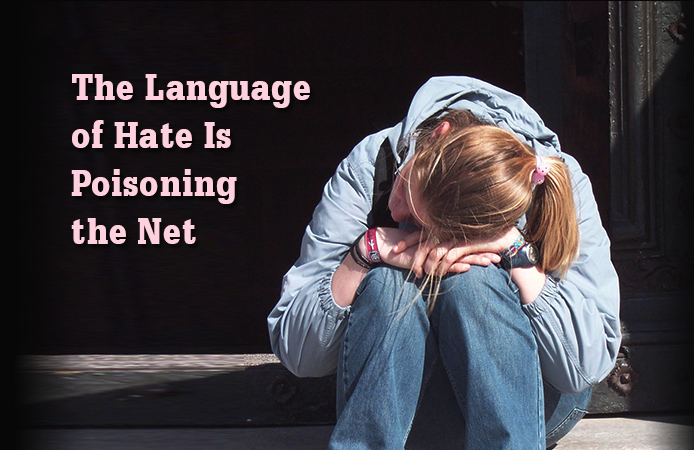A growing number of Net users are expressing themselves with aggressive language, which is becoming a communicative style in contemporary society. Immediately amplified by the Net, hate language is by now passively accepted or considered “normal” by almost half of the Net’s users, according to an SWG research.
The Net is reproducing more and more “free zones” of “stadium cheering” formed by opposing groups in which people find identification and self-affirmation, and in which violence– not just verbal–is tolerated. The Net clearly shows that the “education in emergencies” is not just a theme for academic study, but a situation to be faced with appropriate initiatives.
Which? One aspect concerns an understanding of the communication mechanisms of the Net: not only their technical aspects, but also their cultural ones. The Association of Catholic Italian Webmasters (WECA) has acquired knowledge of the Net phenomena over the years with the support of field research and experience/experimentation with training tools. It offers online seminars and webinars to communication workers and all those involved in education.
A culture of respect and dialogue certainly involves education to a style of communication marked by a civil confrontation of diverse opinions in everyday life (including one’s online presence), but this is not enough unless the operators do not reinstate the duty to respect correctness and legality [in communication exchanges].
Very often the “censorship” of social media operators does not aim to silence verbal violence (which in a sense is useful to the economic model that sustains the profits of the Net). Instead, it tries to silence the more calm and reasonable voices that support opinions dissonant with the dominant culture of the Net.
Consequently, a second area is also called into question: that of Net managers. The mechanisms of personal record-keeping cannot continue to be the often anonymous cover of those who spread hatred and violence, and some form of co-responsibility must be shouldered by those who profit from the Net.
The legislative issue, therefore, is an important area of intervention, which requires specific training on the part of the lawmakers, who must balance the right to freedom of expression with the duty to refrain from damaging the foundations of civil coexistence by violent behavior toward people. A serious reflection must be made on the issues of censorship, civil laws with regard to hate speech, and responsibility, so as to ensure that online communication is not transformed into a battlefield of fans who violently oppose one another.
Only in this way can the Net be a communication tool accessible and useful to many people, and not an amplifier of the disruptive aspects of contemporary culture.

